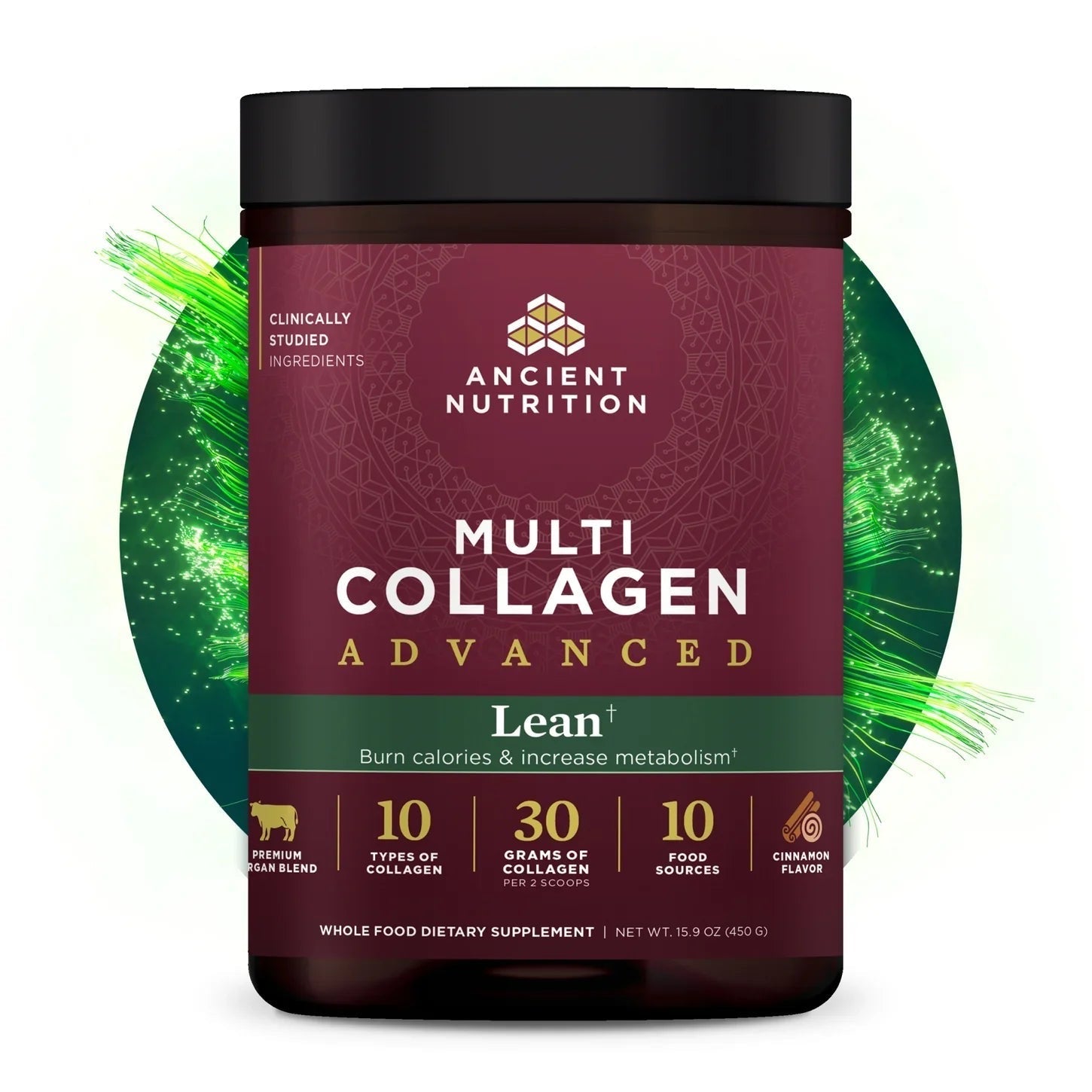
Family Meal Planning
, 11 min reading time

, 11 min reading time
What is meal planning?
In today’s fast-paced world, finding time to eat healthy can often feel like a challenge. Between work, family, social commitments, and everything else life throws our way, the temptation to grab something quick or skip meals entirely can be overwhelming. This is where meal planning comes in, offering a simple yet powerful solution to ensure you stay on track with your health goals while saving time and reducing stress in the kitchen.
Meal planning is the practice of preparing your meals in advance, usually for a week or longer. It involves thinking ahead about what you will eat, making a shopping list, and then preparing those meals so you’re ready to go when hunger strikes. It may seem like a big commitment at first, but once you get the hang of it, meal planning can drastically improve your eating habits, boost your productivity, and make life much easier.
One of the most significant advantages of meal planning is that it allows you to make healthier choices. When you plan your meals ahead of time, you’re less likely to grab unhealthy snacks or opt for takeout. Instead, you’ll have wholesome, nutrient-dense meals ready to go. Whether your goal is to lose weight, gain muscle, or simply improve your overall health, planning your meals ensures that you’re eating the right foods in the right portions. You can focus on incorporating lean proteins, healthy fats, fiber-rich vegetables, and whole grains into your diet—ingredients that fuel your body and support your long-term well-being.
Meal planning also helps you save time. By cooking in bulk or preparing multiple meals at once, you eliminate the need to cook every day, which can be time-consuming. Instead of spending time in the kitchen every evening, you can simply heat up pre-made meals or put together a quick dish from your pre-chopped ingredients. This not only frees up time during the week but also minimizes the stress of deciding what to cook when you’re tired or pressed for time. Having a plan in place removes the guesswork and makes meal prep something you can look forward to, rather than dread.
In addition to saving time, meal planning also saves money. Without a plan, it’s easy to make impulse buys at the grocery store or order takeout when you’re too tired to cook. But when you plan your meals in advance, you create a shopping list that focuses on what you need. This prevents food waste, reduces the likelihood of purchasing unnecessary items, and helps you stick to your budget. Plus, cooking at home is generally more affordable than eating out, especially when you buy in bulk and prepare meals in advance.
Another benefit of meal planning is that it helps you become more mindful of your eating habits. When you take the time to plan your meals, you’re more aware of what you’re consuming and how it affects your body. You can take the opportunity to experiment with new recipes, try different types of cuisines, and incorporate a variety of foods into your diet. This helps to prevent food boredom and ensures you’re getting a wide range of nutrients. You can also make sure that you’re eating balanced meals that align with your nutritional needs, whether you’re following a specific diet plan or just trying to improve your overall eating habits.
Meal planning is also an excellent way to ensure that you and your family are eating together. With a little preparation, you can create meals that everyone will enjoy, making dinnertime a more enjoyable experience. Having meals ready in advance means that you can sit down and enjoy your food without feeling rushed or stressed. This can also provide an opportunity for family bonding, as everyone can get involved in the cooking or meal prep process.
To get started with meal planning, you don’t need to make drastic changes to your current routine. Begin by setting aside some time each week to plan your meals. You can choose a specific day to create your meal plan, such as Sunday, and then map out the meals you want to make for the week. It’s important to keep things simple and realistic—don’t overcomplicate it by trying to make elaborate recipes every day. Focus on creating balanced meals with ingredients that are easy to prepare and that you actually enjoy eating. You don’t need to stick to one plan forever; feel free to experiment and adjust based on your needs, schedule, and goals.
Once you’ve planned your meals, create a grocery list and stick to it. Having a list will help you stay focused while shopping and prevent you from making impulse purchases. If possible, buy in bulk to save money and reduce the frequency of grocery trips. When you return home, spend some time prepping your ingredients—wash, chop, and portion out your vegetables, proteins, and grains. This will make it easier to throw together meals during the week and reduce the amount of time you spend cooking each day.
Meal planning can initially feel like a time-consuming task, but once you get into the rhythm of it, you’ll see how much it can benefit you. Not only will it save you time and money, but it will also help you make healthier choices, reduce stress, and create a more organized and enjoyable eating routine. By taking the time to plan, prep, and cook in advance, you’re giving yourself the gift of simplicity, consistency, and peace of mind in the kitchen.
In conclusion, meal planning is an effective strategy that can transform the way you approach eating and meal preparation. It provides structure, reduces decision fatigue, and ensures that you’re nourishing your body with the right foods. Whether you’re new to meal planning or looking to improve your current system, taking the time to plan and prepare your meals in advance can have a profound impact on your overall health and well-being.
Supplements to Enhance Your Meal Plan and Support Overall Health
When it comes to meal planning, eating a balanced diet is key to achieving your health goals. However, even with a nutritious diet, certain nutrients can sometimes be missing or insufficient in our meals due to dietary restrictions, busy lifestyles, or the limitations of modern food production. This is where supplements can play a valuable role, providing a targeted boost to support your body’s needs.
While supplements should never replace a balanced diet, they can complement your meals and help fill any nutritional gaps. Adding the right supplements to your routine can improve energy levels, support metabolism, enhance immunity, and promote overall wellness. Below are some common supplements to consider incorporating into your meal plan to maximize the benefits of your food and optimize your health.
A daily multivitamin is one of the easiest ways to ensure you’re getting a wide range of essential nutrients. While whole foods should always be your primary source of vitamins and minerals, multivitamins act as a safety net to cover any gaps. Many people find that a multivitamin helps boost energy, improve immune function, and support overall vitality. Look for a high-quality multivitamin that includes a balance of vitamins A, C, D, E, and the B vitamins, along with key minerals like magnesium, zinc, and selenium.
Vitamin D plays a crucial role in calcium absorption, bone health, and immune function. It’s also linked to mood regulation and can help combat feelings of fatigue or low energy, particularly during the winter months when sun exposure is limited. Vitamin D is found in certain foods like fatty fish, eggs, and fortified dairy, but many people struggle to get enough through diet alone. A supplement can help ensure you’re meeting your daily needs, especially if you live in a region with long winters or have limited sun exposure.
Omega-3 fatty acids, found in fish oil, flaxseeds, and chia seeds, are essential for brain health, heart health, and reducing inflammation in the body. While these healthy fats are present in certain foods, many people don't consume enough of them. Omega-3s are also known for supporting joint health, reducing symptoms of anxiety and depression, and promoting skin health. Supplementing with fish oil or algae-based omega-3 supplements is a great way to ensure you’re getting enough of these essential fats, particularly if you don’t regularly eat fatty fish like salmon or mackerel.
Probiotics are beneficial bacteria that support gut health by balancing the microbiome in your digestive system. A healthy gut is key to overall health, as it influences immune function, nutrient absorption, and even mental well-being. While fermented foods like yogurt, kefir, and sauerkraut can provide natural sources of probiotics, many people find it helpful to supplement with a high-quality probiotic, especially if they have digestive issues like bloating, gas, or irregular bowel movements. Probiotics can also help with immunity, reduce inflammation, and support a healthy weight.
Magnesium is a mineral that plays a critical role in muscle function, nerve transmission, energy production, and maintaining normal blood sugar levels. It’s often depleted in the body due to stress, poor diet, and certain medications. Supplementing with magnesium can help alleviate muscle cramps, reduce stress, improve sleep quality, and support overall relaxation. If you're struggling with insomnia or stress, magnesium supplements—especially in the form of magnesium citrate or magnesium glycinate—can be a great addition to your evening routine.
Collagen is the most abundant protein in your body, making up key components of your skin, hair, nails, joints, and connective tissue. As you age, your body produces less collagen, which can lead to wrinkles, joint pain, and weakened connective tissue. Adding collagen peptides to your meal plan can help promote skin elasticity, support joint health, and improve muscle recovery. Collagen powder can be easily mixed into smoothies, coffee, or baked goods, making it an effortless addition to your daily routine.
Fiber is an essential nutrient for digestive health and can help regulate blood sugar levels, lower cholesterol, and support weight management. While fiber is abundant in fruits, vegetables, whole grains, and legumes, many people don’t consume enough of it. Supplementing with a fiber powder or capsule can help support regular bowel movements and keep you feeling fuller longer, reducing the chances of overeating. Look for a supplement that contains soluble and insoluble fiber to support both gut health and satiety.
Creatine is one of the most well-researched supplements for improving athletic performance, particularly in activities that require short bursts of energy, like weightlifting or sprinting. It helps increase the body's stores of phosphocreatine, which is used to produce ATP (adenosine triphosphate)—the primary energy carrier in cells. Creatine supplementation can improve muscle mass, strength, and recovery time, making it a popular choice for those looking to build muscle or enhance athletic performance. It’s generally safe for most people when taken in recommended doses and can be easily added to smoothies or shakes.
B vitamins, including B1 (thiamine), B2 (riboflavin), B6 (pyridoxine), B12 (cobalamin), folate, and biotin, play a crucial role in energy production, metabolism, and nervous system function. If you're feeling fatigued, stressed, or struggling with mental clarity, B vitamins can be a helpful addition to your meal plan. A B-complex supplement can help support healthy brain function, improve mood, and increase energy levels, particularly if you're not getting enough from your diet, especially if you follow a plant-based diet where B12 may be lacking.
Vitamin C is an essential nutrient that supports a healthy immune system, promotes collagen production, and acts as a potent antioxidant to protect cells from oxidative stress. While vitamin C is found in many fruits and vegetables, such as oranges, strawberries, and bell peppers, supplementation may be beneficial during cold and flu season or for those looking to support skin health. Vitamin C can also help improve iron absorption from plant-based sources, making it an important nutrient for those following a vegetarian or vegan diet.
Turmeric contains curcumin, a potent compound known for its anti-inflammatory and antioxidant properties. It can help reduce joint pain, support brain health, and improve overall inflammation in the body. Curcumin is often paired with black pepper extract (piperine) in supplements to enhance absorption. If you suffer from chronic inflammation or are looking for an anti-aging supplement, turmeric could be a valuable addition to your meal plan. It can also be consumed as a supplement or mixed into teas, smoothies, or meals.



